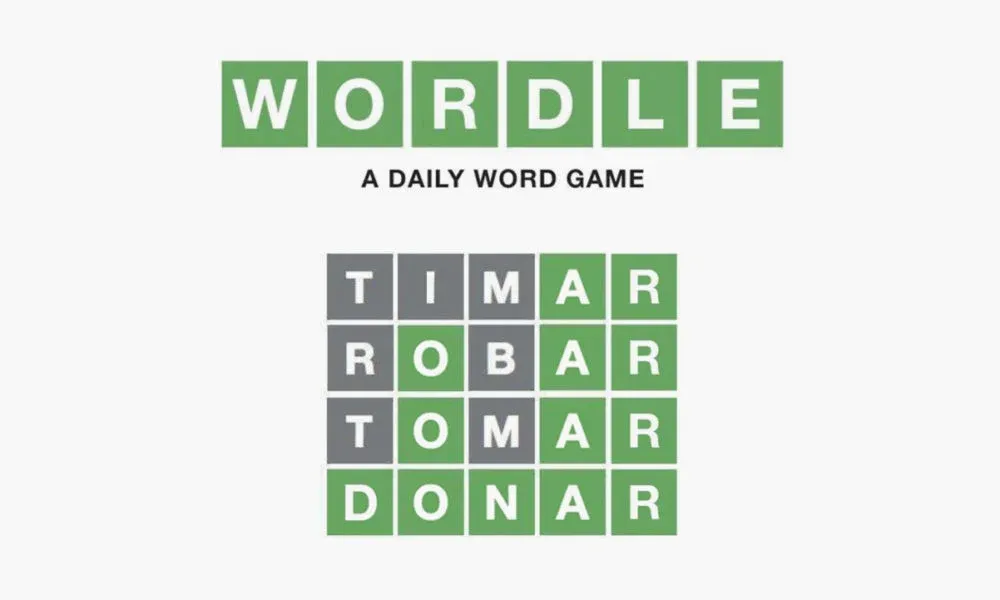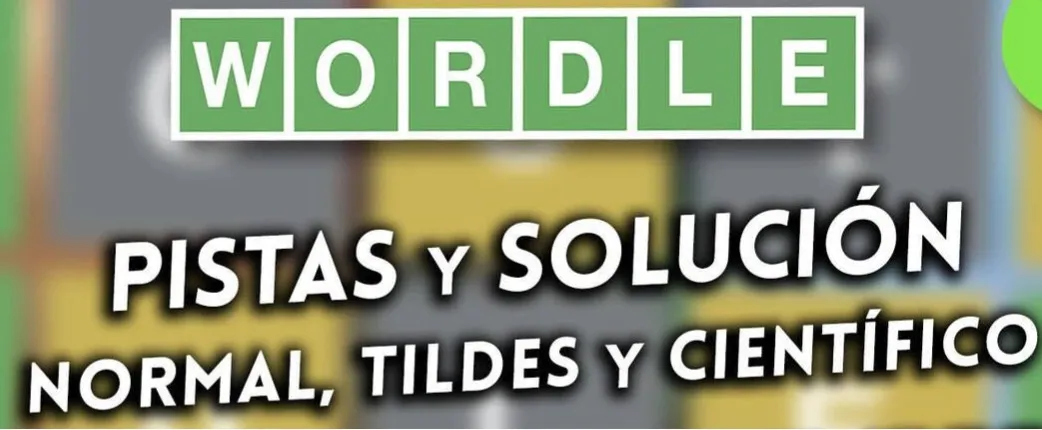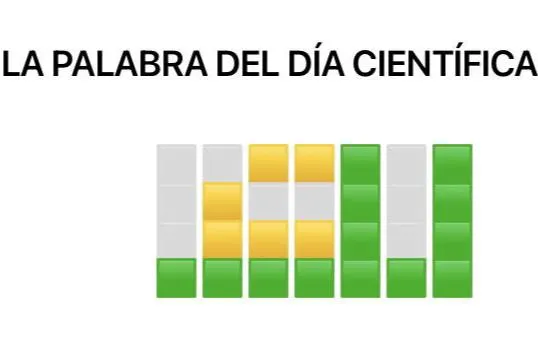Spanish Wordle Solution Today - 22 June, 2025 | Classic, Science, and Tildes

Welcome to our guide on the Wordle solution for June 22, 2025, featuring insights into the three exciting modes: Clásico (Normal), where players guess the daily word; Científico (Science), which incorporates scientific vocabulary; and Tildes, focusing on Spanish words with accents. In this article, we'll provide the day’s solution, tips for mastering each mode, and strategies to enhance your gameplay experience. Whether you're a seasoned player or a newcomer, you'll find valuable information to help you conquer today's challenge.
Get ready to challenge your mind! Below, you'll find hints for today's Wordle modes. Can you guess the words based on these clever clues?
Feel free to use this HTML format to create an engaging Wordle experience for players!
⚠️ Attention. Clicking the buttons below will reveal today's solutions for all three Spanish Wordle modes. Get ready to see the answers!
🔍 View today's solutions for Classic, Science, and Tildes modes

🟢 Today's Classic Wordle Word is:

🔬 Today's Science Wordle Word is:

⚡ Today's Tildes Wordle Word is:
Meaning of the word – Classic Mode
Secar is a Spanish verb that translates to "to dry" in English. It is commonly used in various contexts, from drying clothes after washing them to the process of drying fruits or herbs for preservation. In Spanish-speaking cultures, the act of drying is often associated with traditional methods of food preservation, especially in regions with hot climates where drying foods helps to prevent spoilage.
For example, one might say, "Voy a secar la ropa al sol," which means "I am going to dry the clothes in the sun." This verb plays a significant role in everyday life and reflects the importance of resourcefulness in managing household tasks.
Interestingly, the word "secar" can also be used metaphorically, such as "secar las lágrimas," meaning "to dry the tears," which conveys emotional recovery and resilience.
Meaning of the word – Science Mode
Nova is a term used in astronomy to describe a sudden brightening of a star, which occurs when there is a dramatic increase in its brightness, often due to nuclear fusion igniting in a white dwarf star. This phenomenon can be seen as a reminder of the dynamic and ever-changing nature of the universe.
In scientific literature, one might encounter the sentence, "The nova released an incredible amount of energy, momentarily outshining entire galaxies." Novae are not only fascinating for their brilliance but also provide valuable information about stellar evolution and the lifecycle of stars.
A curious fact about novae is that they can occur multiple times for the same star system, indicating a cyclical nature of stellar processes and further emphasizing the complexity of cosmic events.
Meaning of the word – Tildes Mode
Bebé translates to "baby" in English and refers to an infant or very young child. The word is often used affectionately within families and communities, highlighting the importance of early childhood in cultural settings. In Spanish-speaking cultures, the arrival of a bebé is celebrated with various traditions, including baby showers and naming ceremonies.
An example of usage could be, "El bebé está durmiendo," meaning "The baby is sleeping." This simple word carries a wealth of emotional significance, as it embodies the joy and hope that a new life brings.
An interesting aspect of the word "bebé" is its accented "é," which not only changes the pronunciation but also distinguishes it from similar words, underscoring the importance of tildes in Spanish orthography for clarity and meaning.
Discover the Fun of Spanish Wordle: Classic, Scientific, and Tilde Modes!
Join the excitement and challenge of the Solución palabra del día for June 22, 2025, featuring all three thrilling modes: Clásico, Científico, and con Tildes! We’d love to hear your thoughts and strategies—feel free to drop a comment below!

Leave a Reply